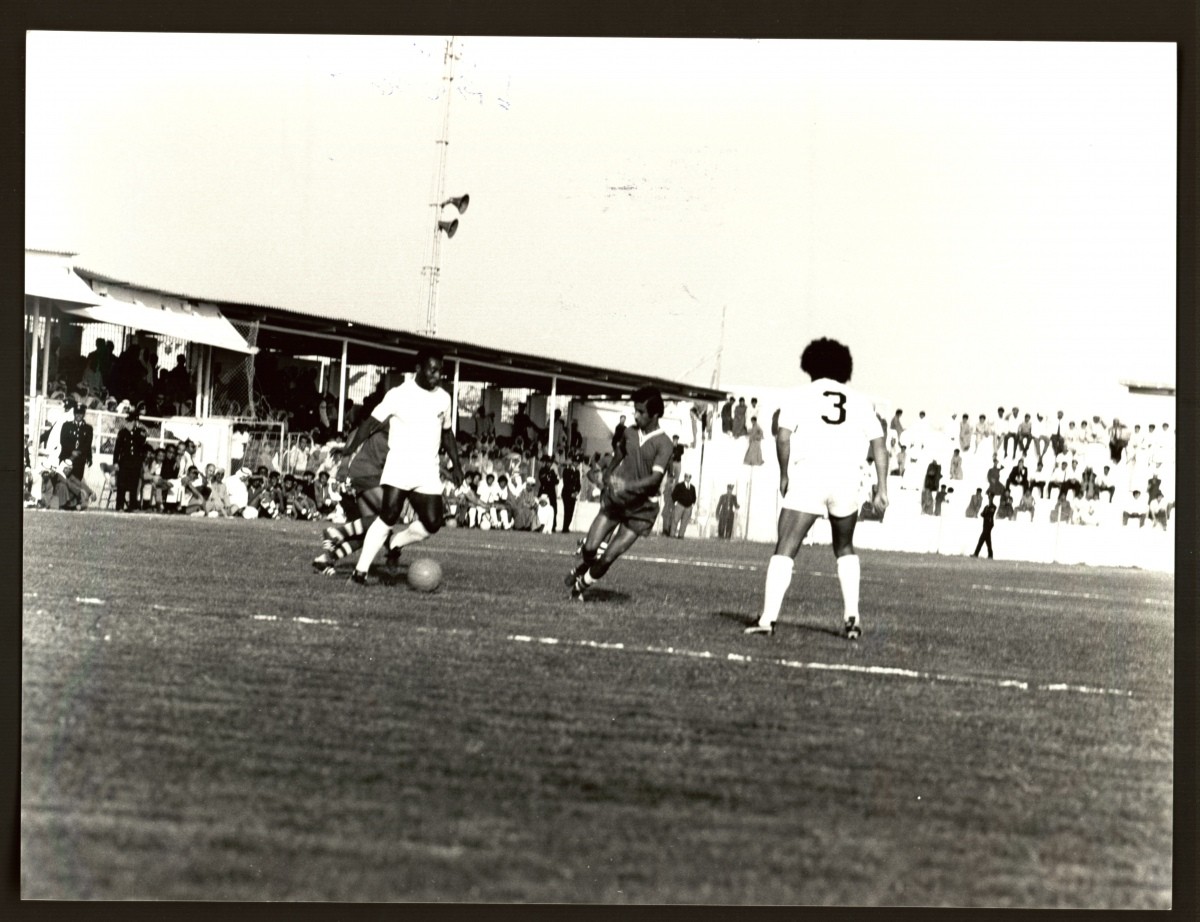.jpg)
_1-itok=GFMKQ6A9.jpg)
Brazilian football star Pelé first came to Qatar in 1973 for a friendly match, with his legendary Santos side playing against Qatar's Al Ahli at Doha Stadium, and has also visited the country's Aspire Academy in Doha. The Brazilian icon holds records no one else has managed to beat, winning the FIFA World Cup™ on three occasions in 1958, 1962, and 1970, and also taking part in the 1966 tournament in England.
Pelé, whose full name is Edson Arantes do Nascimento, spoke to beIN Sports recently, highlighting the importance of the two major sporting events his country had recently hosted, the 2014 FIFA World Cup™ and the 2016 Olympic Games.
Asked about Qatar's preparations to host the 2022 FIFA World Cup™, he said: "I know Qatar well, I've visited it several times before. We have the 2018 World Cup in Russia first, so there's a lot of time to talk about 2022. The thing that caught my attention is that the stadiums are going to be air-conditioned."
Pelé, who shared the FIFA Player of the Century award with Diego Maradona and is one of Time Magazine's 100 most influential people of the 20th century, is confident that Qatar will fulfil all of FIFA's requirements.
"Qatar is capable of hosting a wonderful World Cup. It has the right to host the World Cup and it will definitely succeed in this," he added.
His many fans consider him the best player in the history of football and his dramatic appearances at the FIFA World Cup™ haven't been forgotten. People still remember his tears when Brazil first lifted the trophy in in 1958; his shocking injuries at the 1966 FIFA World Cup™; his attempted headed goal and the spectacular save by England goalkeeper Gordon Banks in 1970; and his goal against Italy in the 1970 final in Mexico, which Brazil won 4-1.
His records are almost impossible to match. Throughout his career he played in 1,363 matches and scored 1,281 goals. He played for Brazil on 91 occasions, scoring 77 goals for his country. Pelé played for Santos in Brazil, staying with the team from 1956 to 1974, and then New York Cosmos in the United States from 1975 to 1977, where he ended his footballing career.

